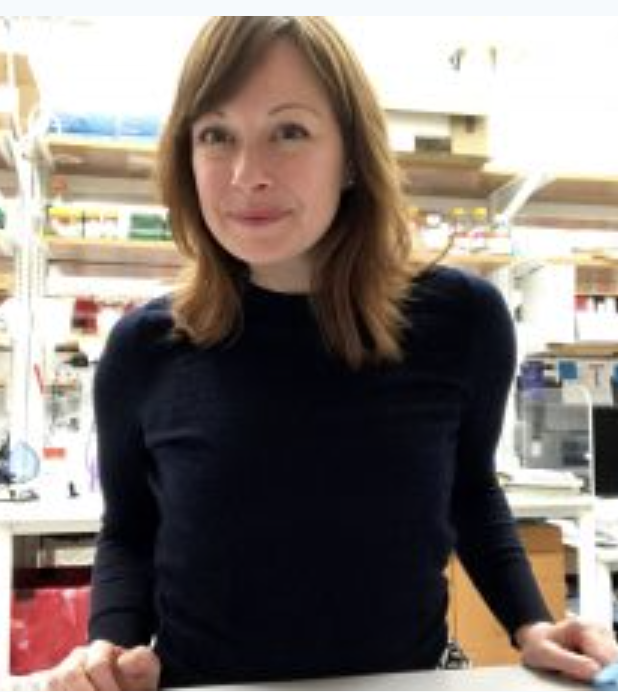
Mariana Noto Guillen from Amir Mitchell's lab defended her PhD on November 17, 2025!

Congratulations to Job Dekker who, along with colleagues Bill Earnshaw (University Of Edinburgh) and Ohad Medalia (University of Zurich) received an ERC Synergy Grant!
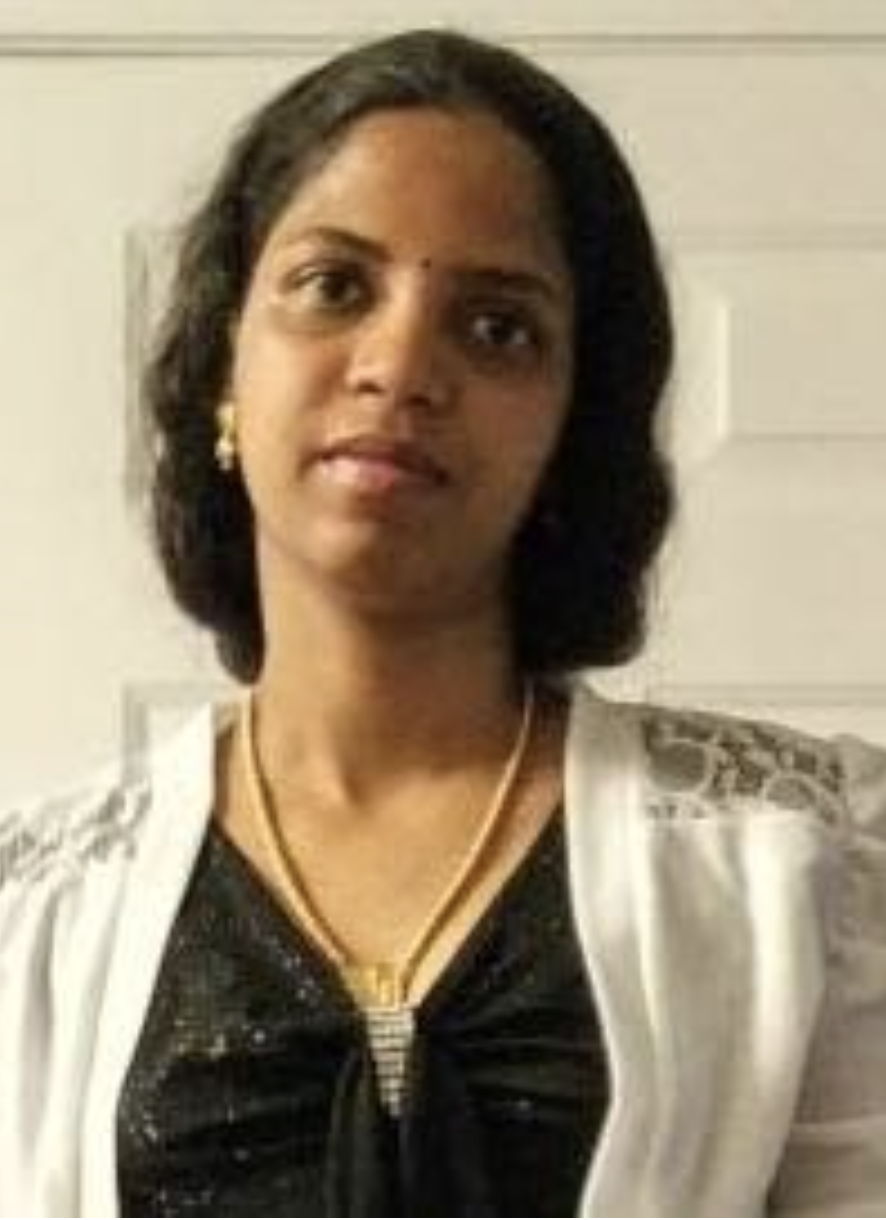
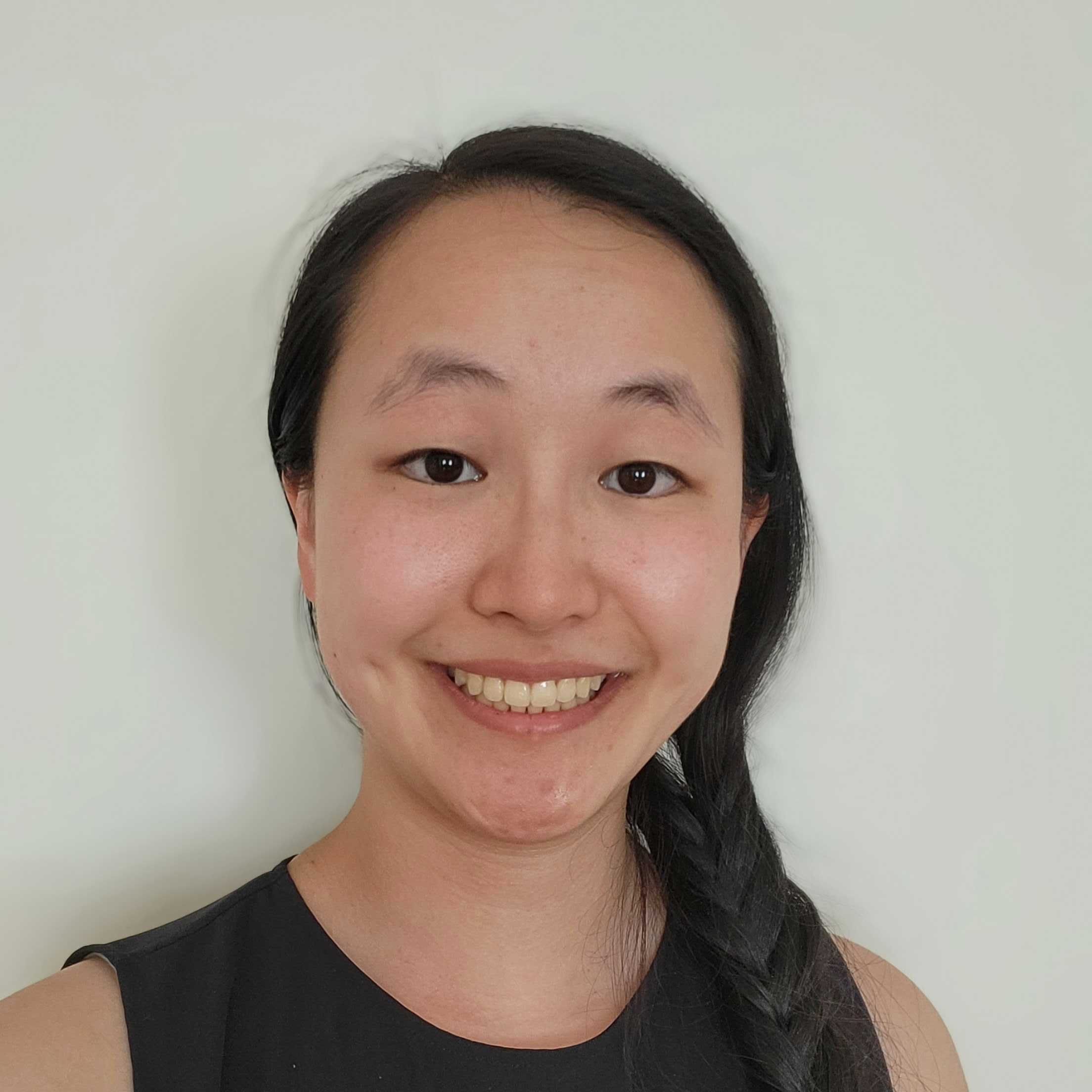
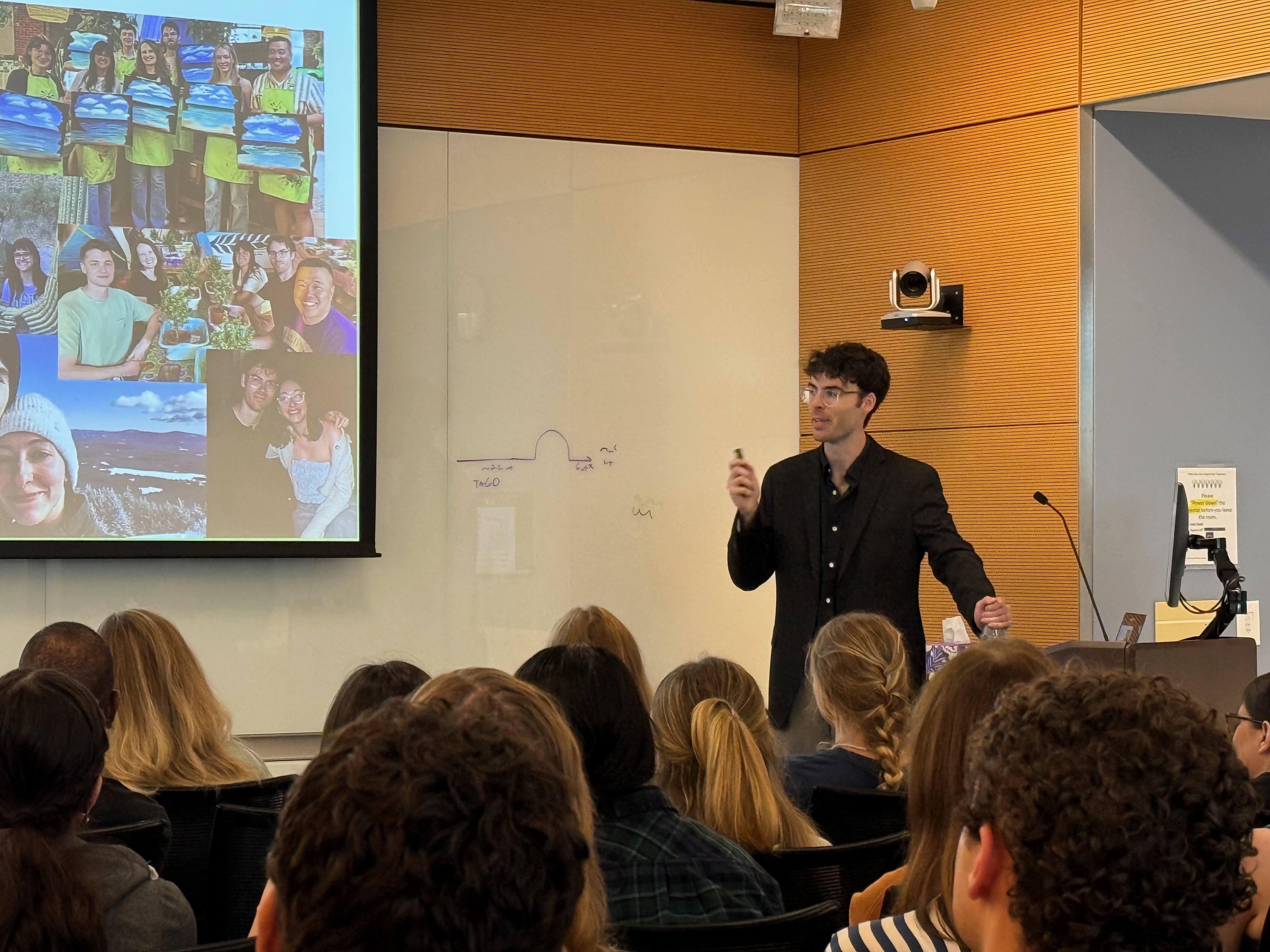
Nick Harper from Mike Lee's lab defended his PhD on September 5, 2025!

Congratulations to Mike Lee who recently received a U31 grant from the NCI!

Congratulations to Emma Watson who was named a 2025 Freeman Hrabowski scholar and recently received a NIGMS MIRA (Maximizing Investigator's Research Award)!
Read more about Emma, her research and the Freeman Hrabowski award here.

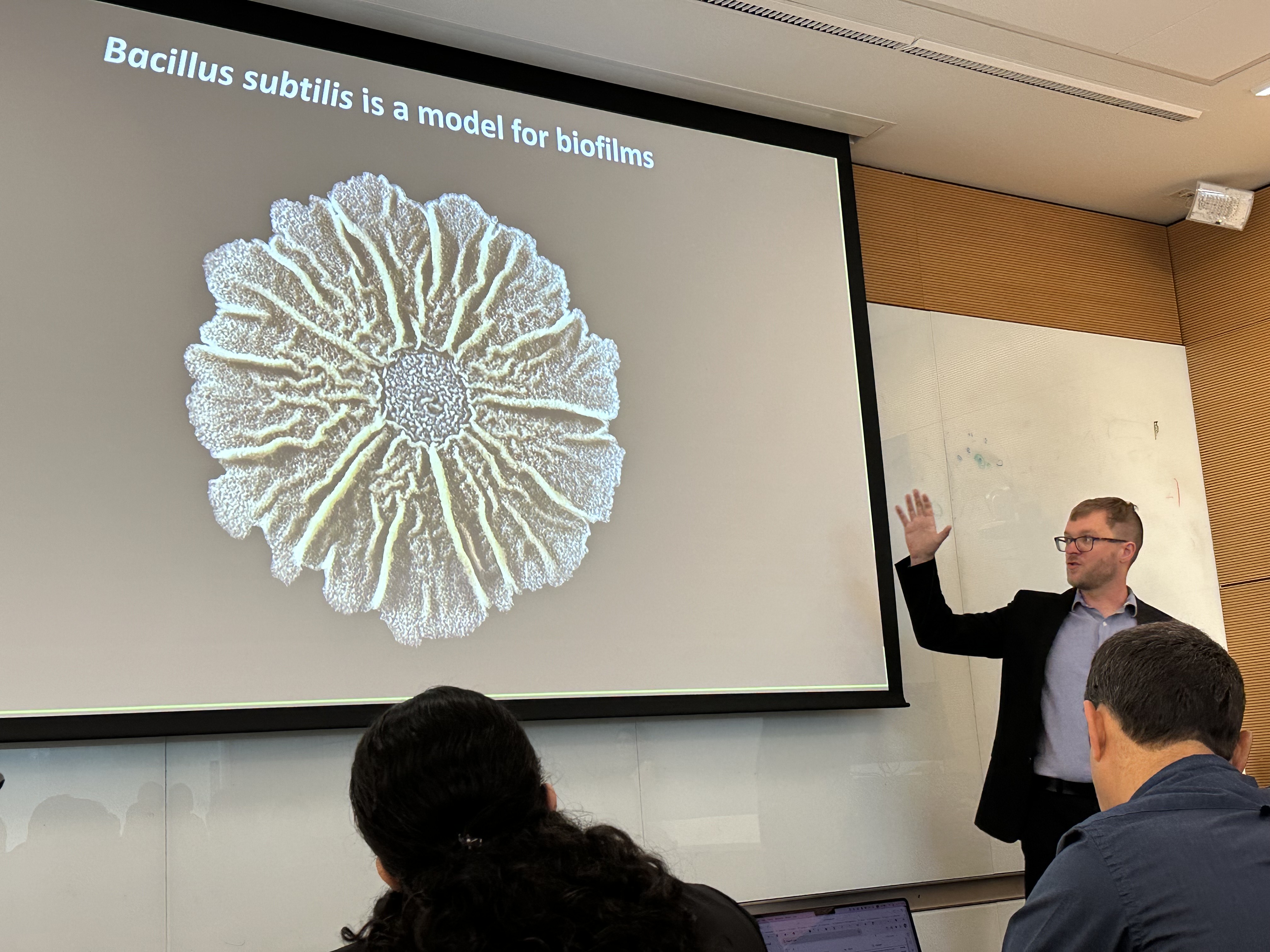
Eric Beaudoin from Beth Shank's lab defended his PhD on July 30, 2025!
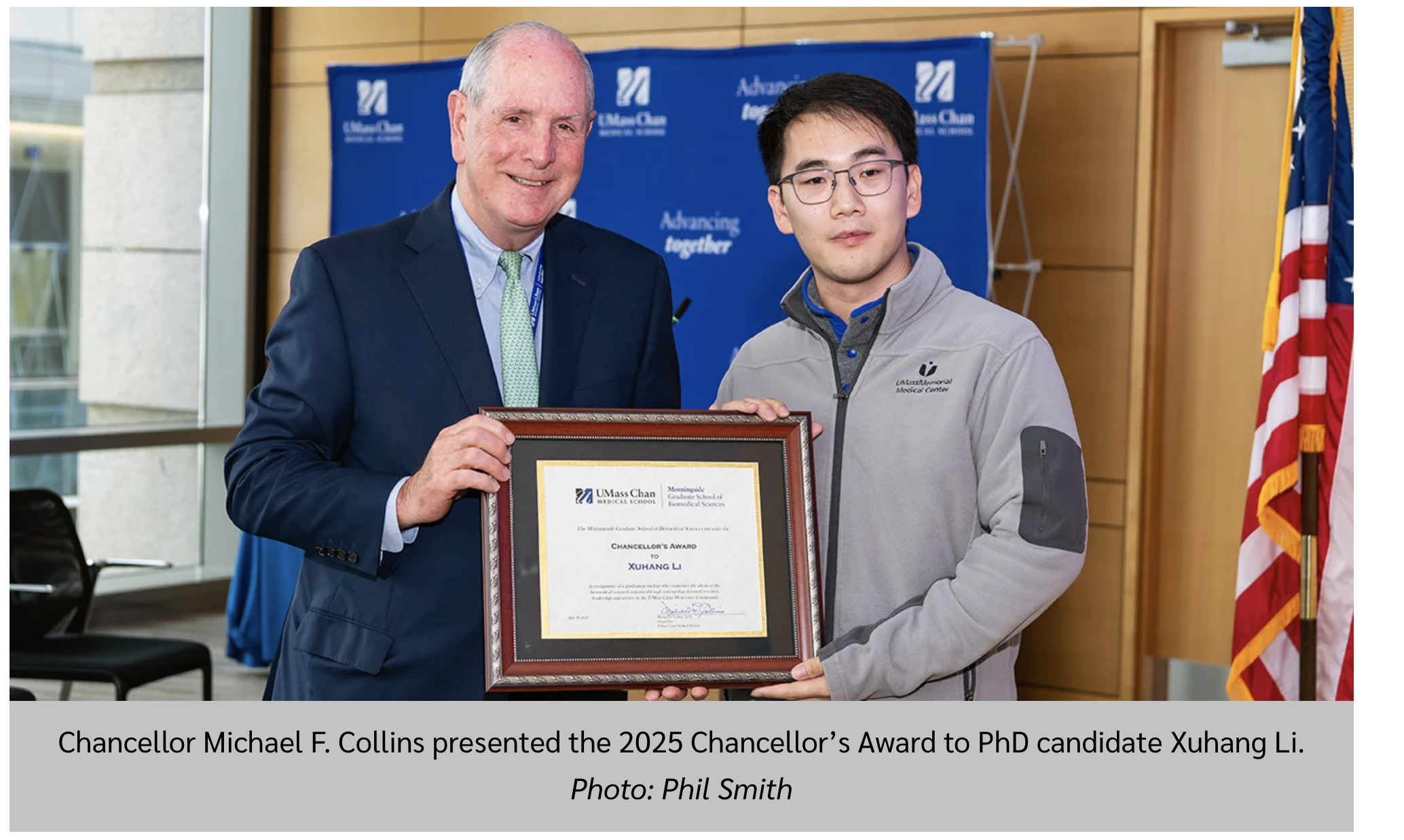
Congratulations to Xuhang Li from Marian Walhout's lab for receiving the 2025 Chancellor's Award!
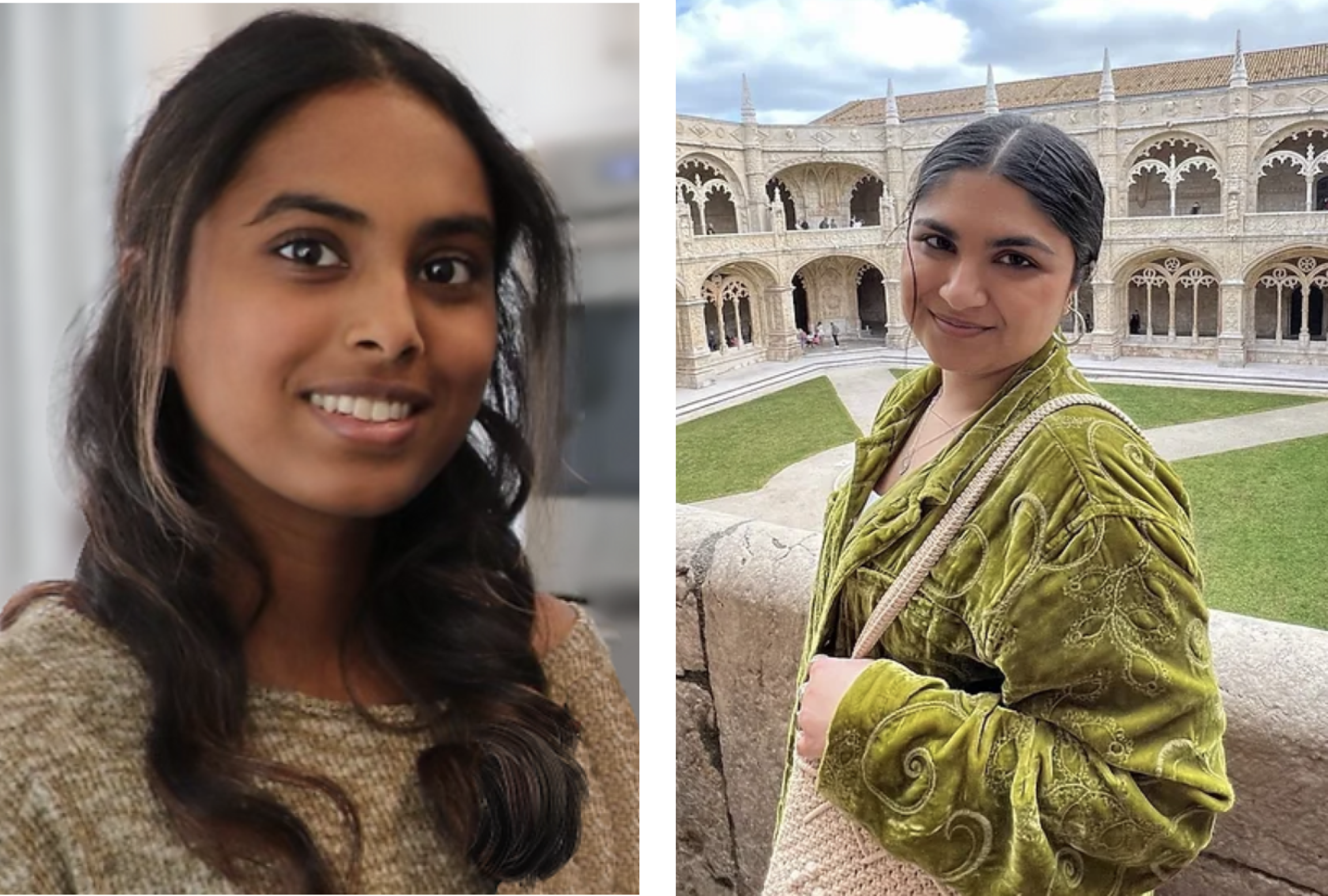
Q&A with Rayna Magesh and Arshia Kaur
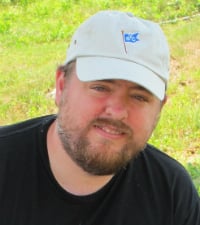
Congratulations to Rob Brewster for receiving the 2025 Faculty Award for Outstanding Contributions in the Lecture and Classroom Setting at UMass Chan Medical School!
Watch Amir Mitchell discuss work from his lab on antibiotic resistance and the hunt for new antibiotics on this Matters Microbial podcast - Can AI Point Us to New Antibiotics?

Congratulations to Amir Mitchell for earning tenure!

Recent posts highlighting work from the Dekker Lab:
Rules of engagement: How DNA remodelers shape mitotic chromosomes
UMass Chan scientist co-leads study identifying simple rules for folding the genome
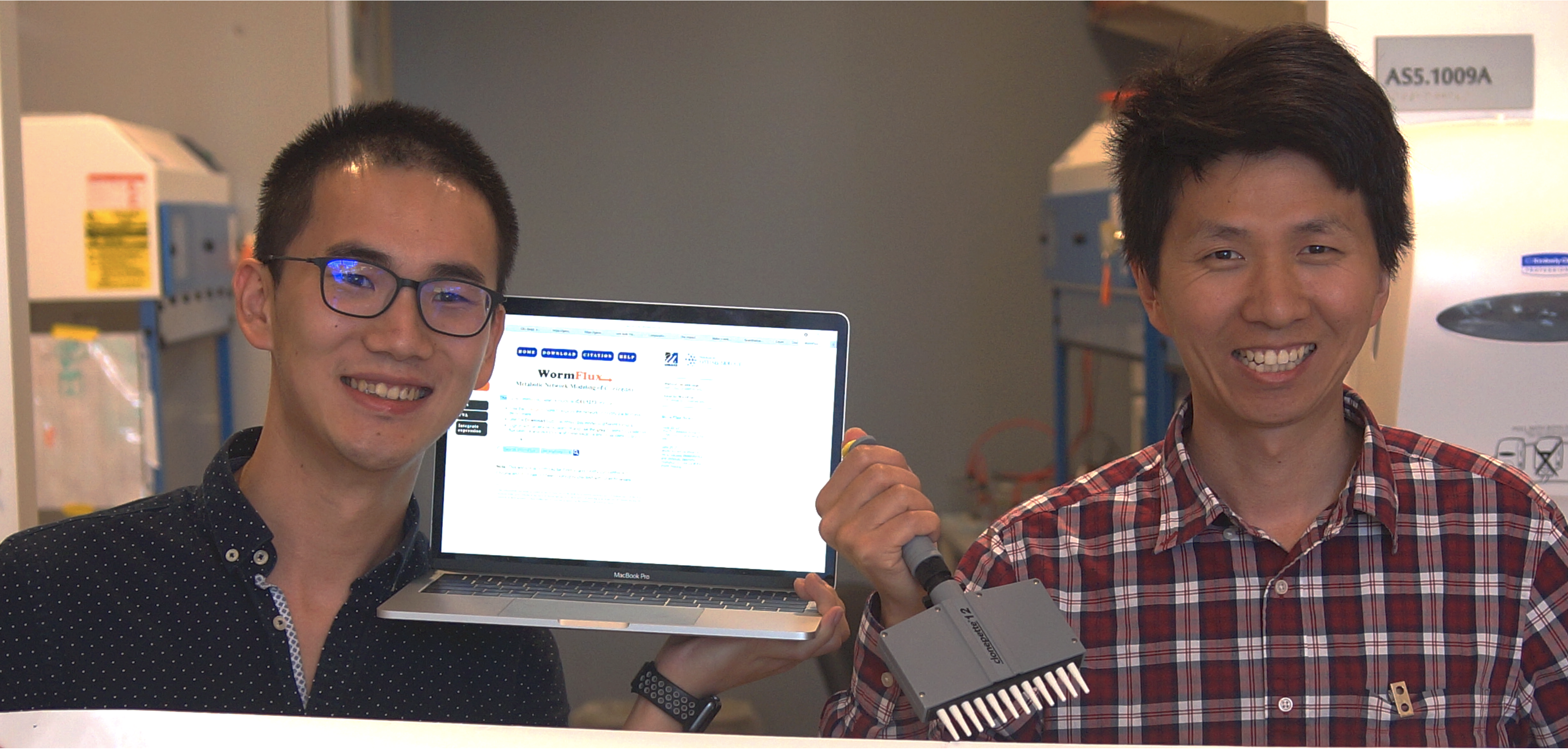
Q&A with Xuhang Li and HeFei Zhang
Science Daily publishes article highlighting Walhout Lab metabolic network publications.
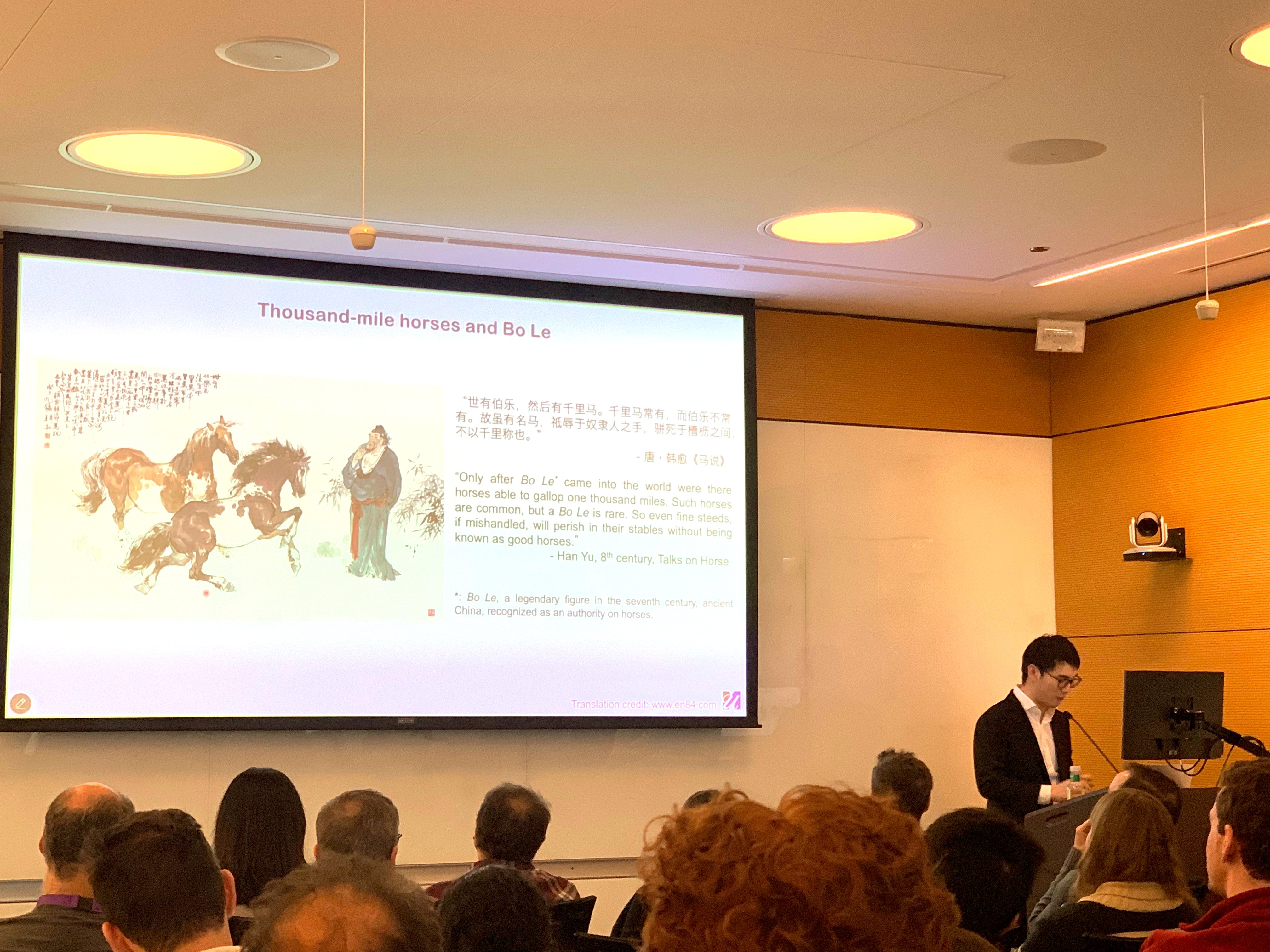
Xuhang Li from Marian Walhout's lab defended his PhD on January 17, 2025!
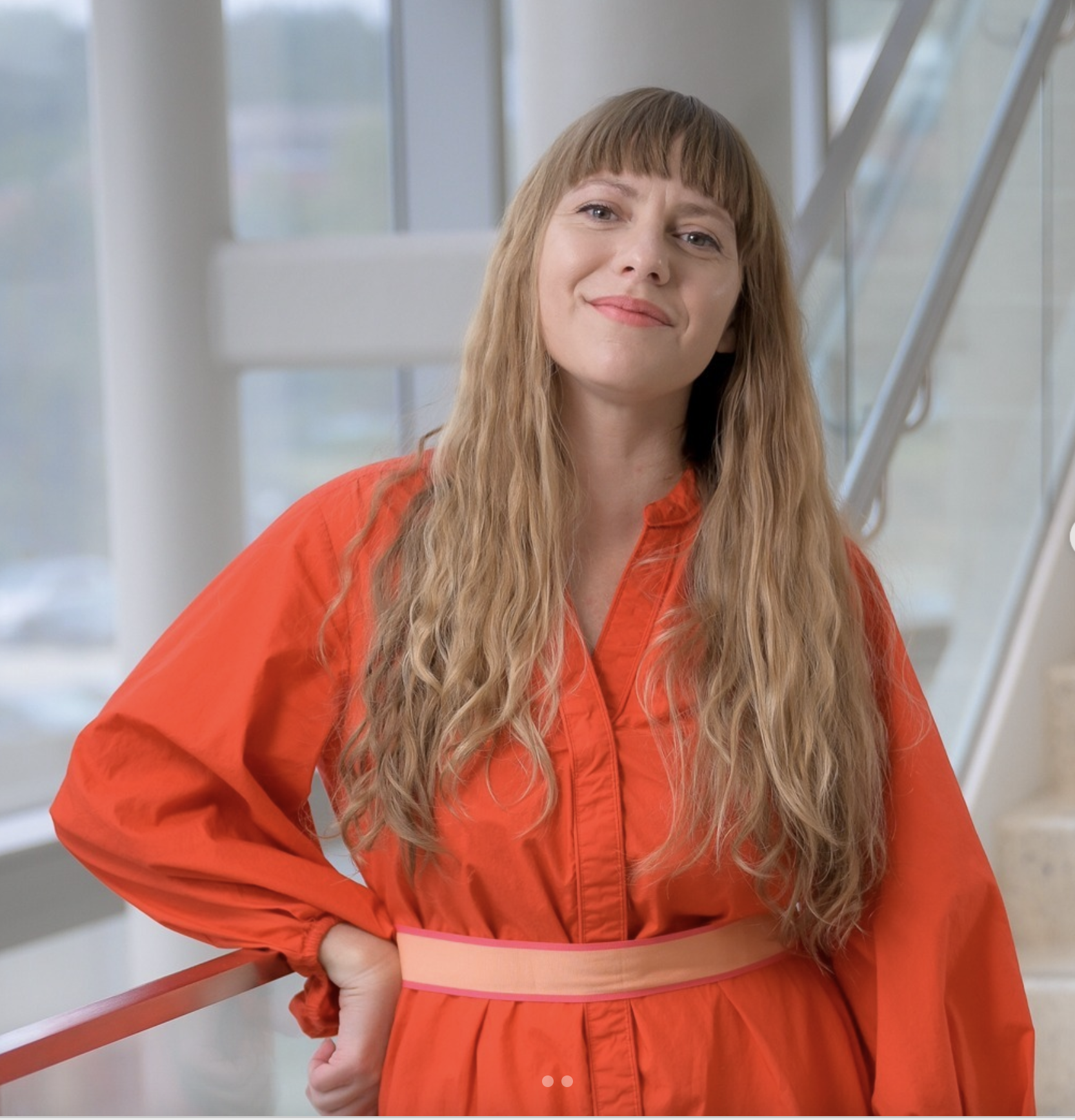
“I always knew that I wanted to come back to a place like UMass Chan Medical School.” - Emma Watson
Read more about Emma's journey at the following UMass Chan links:
https://www.instagram.com/p/DBzIAYKNInI/?img_index=1
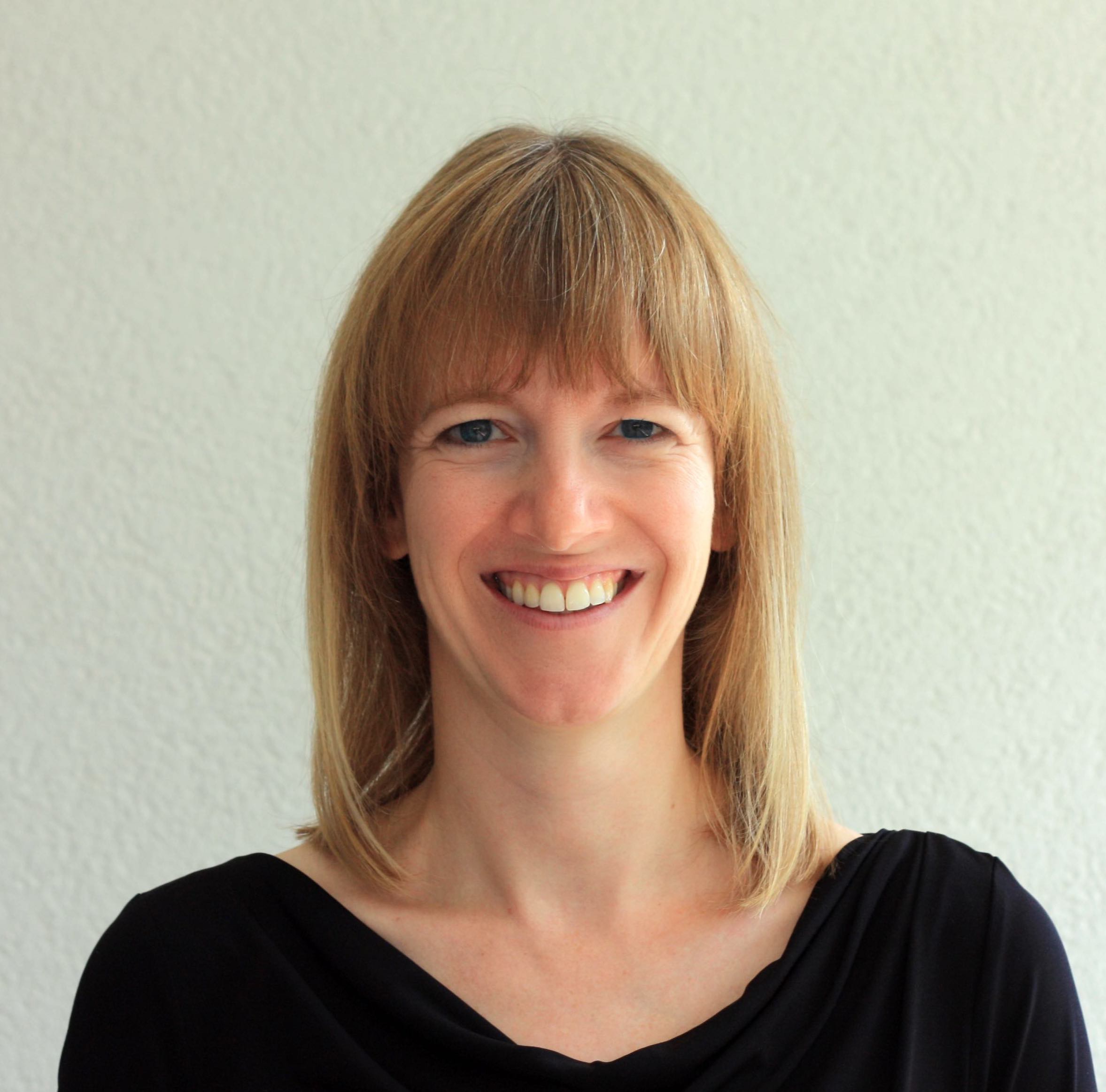
Q&A with new DSB faculty member Jolanda Van Leeuwen
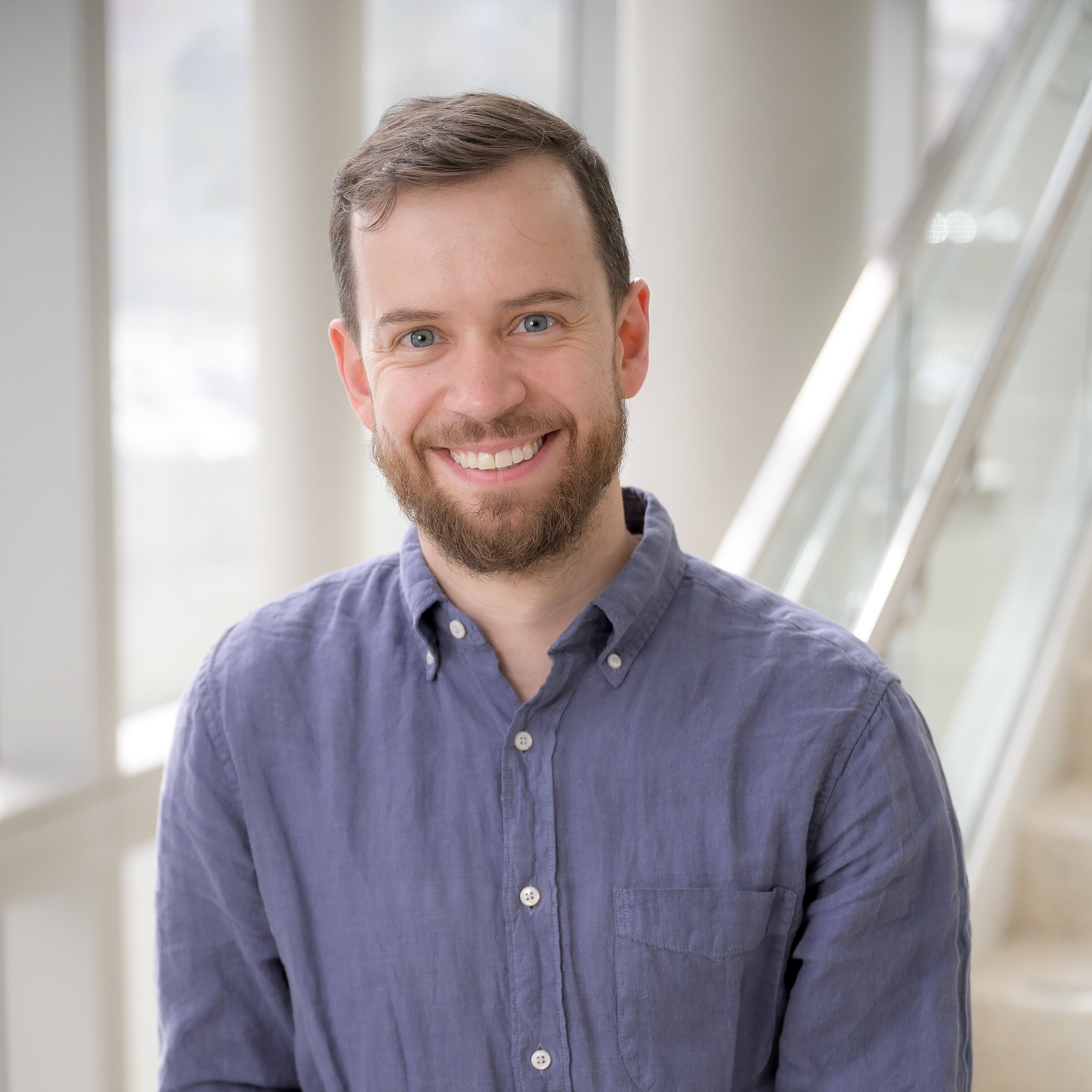
Q&A with new DSB faculty member Daniel Bondeson
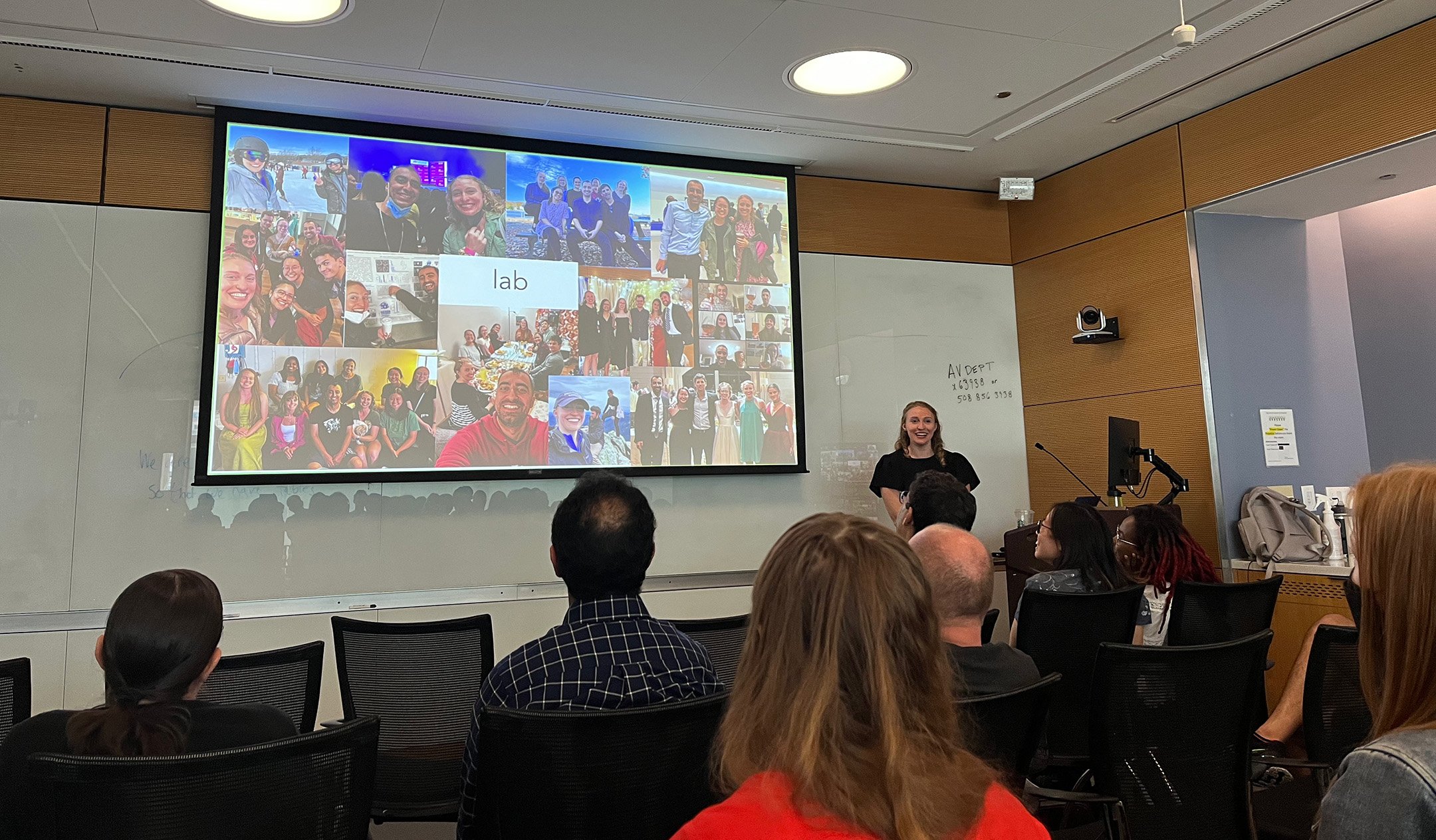
Emily Lowry from Amir Mitchell's lab defended her PhD on September 3, 2024!

